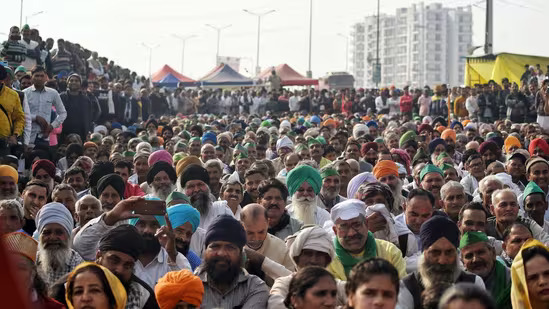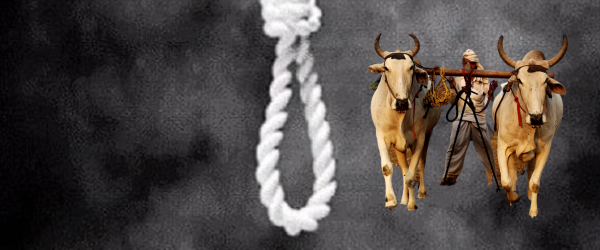Why Are Indians Indiscipline In Queuing? | Indiscipline Queuing Meaning

We are told that the British – indeed, most Europeans – learnt queue discipline during and immediately after the second world war to access ration for everything from food to clothes. In India also, queueing was introduced during the second world war by the British government.
It is observed that queues in western countries are highly disciplined. On the other hand, Indians are not very good at maintaining discipline in the queue. In India, queues are unique in their multiplicity and indiscipline. We have separate queues for ladies, the elderly and for the disabled.
India had inherited many cultural and institutional traditions, good or bad from the Britishers. But one thing that never entered independent India’s DNA was the fine art of standing in line.
The question is raised, why is this so? Why are Indians unruly or indisciplined in maintaining queues?
Sociologists say that the answer lies in the nature of the Indian economy. After independence, India was one of the poorest countries in the world. There was a shortage of everything from food to cloth. This shortage compelled our Prime Minister Lal Bahadur Shashtri to introduce rationing of essential things in 1966.
Society as a whole was experiencing acute competition to get things easily. Getting the things needed some kind of patience. Queuing is used to test the patience of a person. In an economy of shortage, people believed that their patience in queuing to get things would not deliver the results. So, there was a tendency to get things done by not maintaining the queue.
To conclude, in India, the sociologist says, chronic queue indiscipline is the result of living in a corrupt shortage economy.


